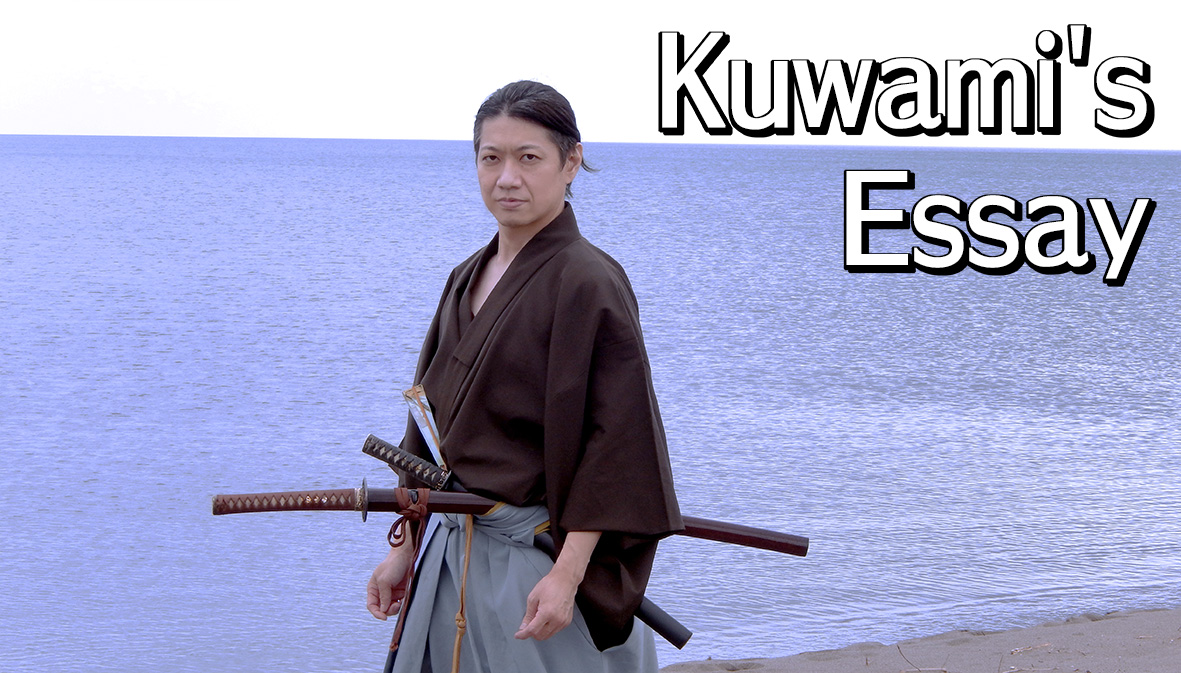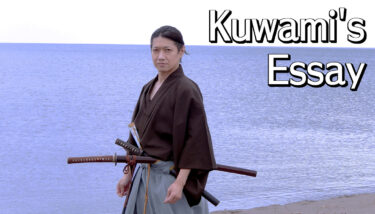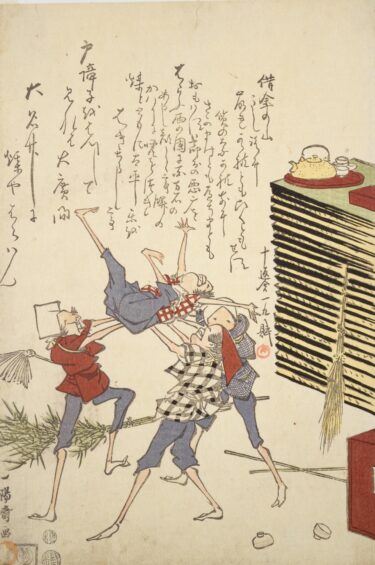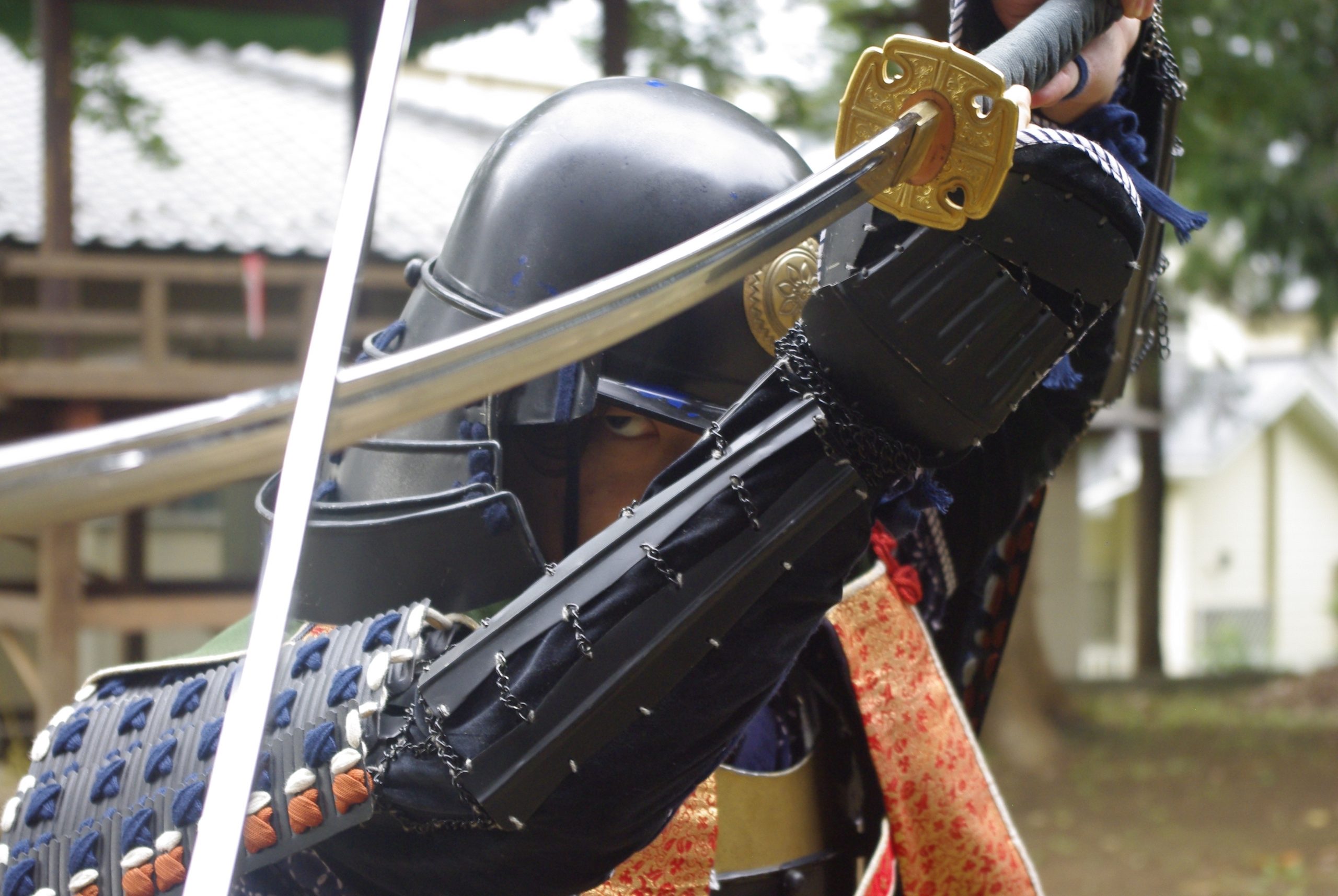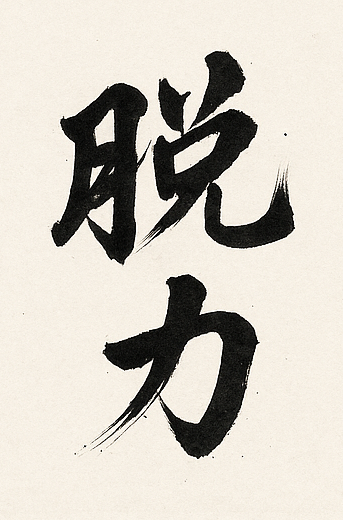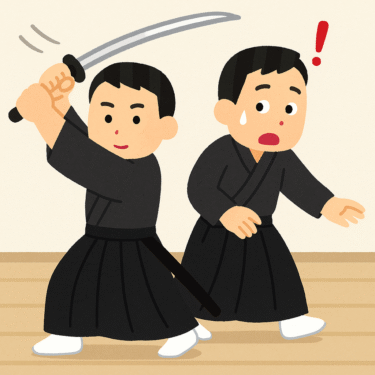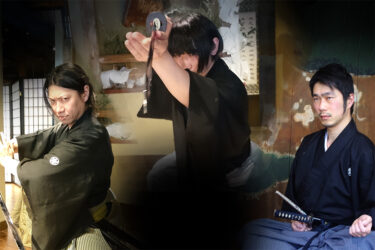One characteristic of people who are bad at cooking is that they don’t follow recipes. If the recipe itself is incorrect, then indeed, even following the recipe won’t result in delicious food.
However, if the recipe is correct, an inexperienced or amateur cook skipping steps they find unnecessary or making arbitrary changes can ruin the dish. In some cases, it could even pose health risks.
The words of those who speak of superficial practicality can be very convincing to beginners. Just as the general public cannot easily understand advanced mathematics or physics, understanding the true principles of martial arts requires dedicated practice and effort to improve one’s skills.
If someone claims to understand without making such efforts, it means their knowledge is tailored to beginners and lacks true depth.
If you want to learn a particular style, the first thing you should question is your own ability, knowledge, and understanding. By purely following your teacher’s words and the teachings of the style, and continuing to learn without deviation, you can avoid unnecessary detours, stagnation, or setbacks, and steadily improve.
My mother spent many years experimenting with curry. Many Japanese people love curry, and I am no exception—I love it, too. However, my mother struggled to make a curry that satisfied her. One day, my older sister told her, “If you follow the recipe exactly, it’ll consistently turn out delicious.” My mother was surprised. Following my sister’s advice, she made curry according to the recipe printed on the package of curry roux sold by a Japanese company. The result? She was able to make delicious curry so easily that it almost made her years of effort seem sad.
My sister explained, “A major Japanese company spent years researching and perfecting this curry roux, along with a recipe designed to bring out the best flavor. Of course, if you follow it exactly, it’s bound to taste good.”
Naturally, there’s room to make adjustments later according to personal preferences. But the starting point should always be to follow the recipe.
Humans are foolish creatures, prone to the illusion that their individual experience and wisdom outweigh the accumulated experience and wisdom of countless predecessors.
Because of this, there are those who spit on tradition and boast that they are superior to it—a case of people speaking about tradition without truly understanding it. There’s an old proverb, “Onko Chishin 温故知新” (learning from the past to create new knowledge). Traditional martial arts are a prime example of this.
First, you must trust the style and its tradition. Second, you must not place undue trust in your own experience, wisdom, and ability. And finally, the thing you should believe in is the path you have chosen—and the fact that you were able to choose it.
